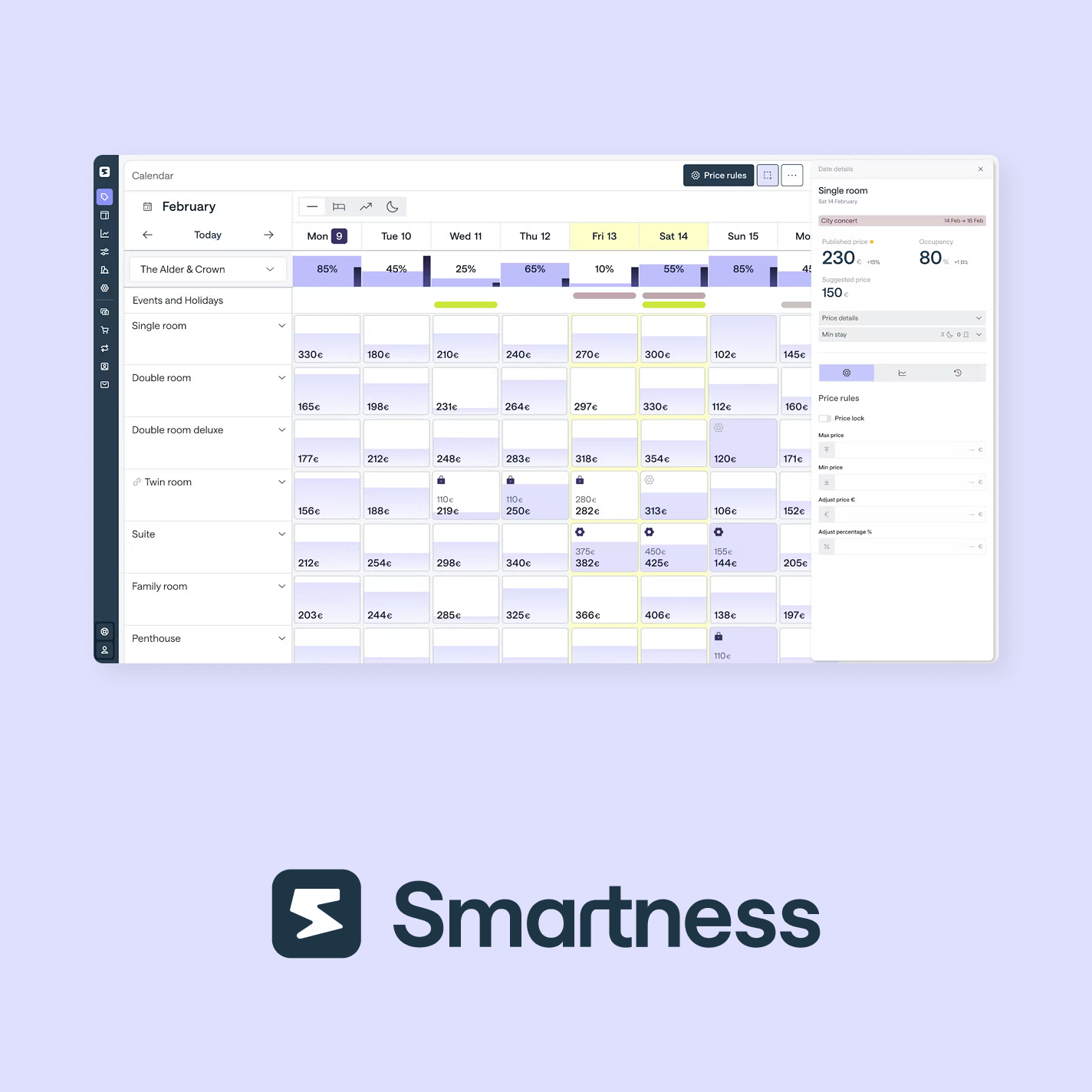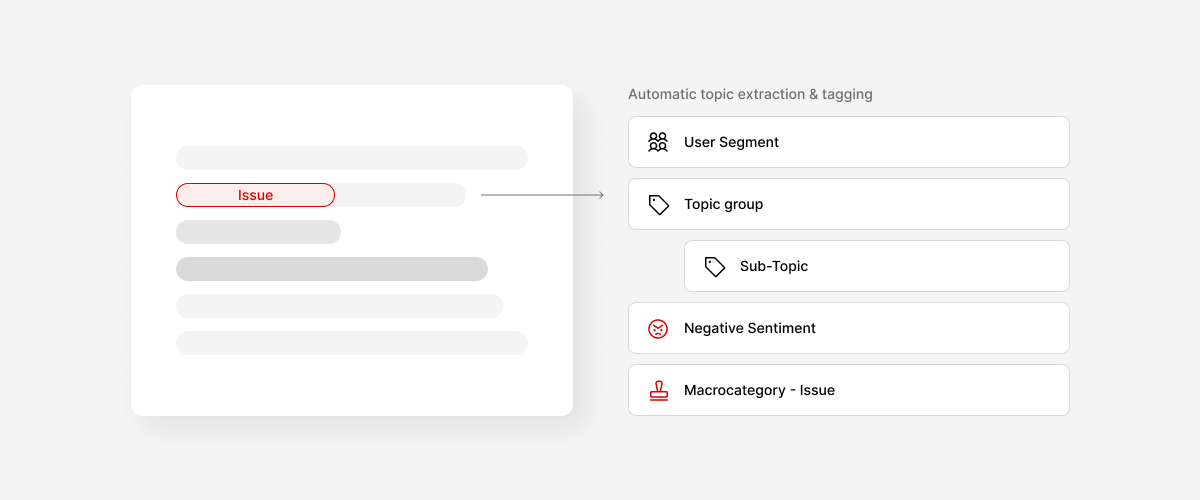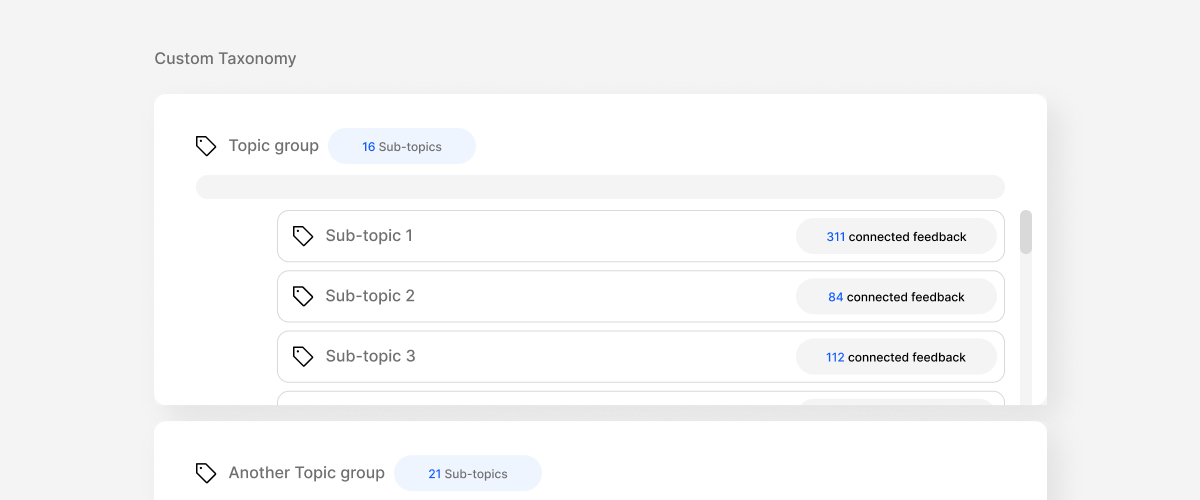Product ops is a role or team within an organization that optimizes the intersection of product, engineering, and customer success.

The three main activities and duties of a Product Ops:
- Managing the product tech stack, establishing internal best practices, and ensuring team members are using tools effectively.
- Collecting, organizing, and analyzing quantitative and qualitative product data and enabling the entire organization to make the most of their insights.
- Fostering cross-departmental collaboration around the product, using product insights to identify areas for improvement, and informing business decisions as a trusted advisor to CPOs, VPs of product, and other R&D leadership.
But what is Product Ops?
Product operations (Prod Ops) is an operational function that focuses on optimizing the intersection of product, engineering, and customer success. Its goal is to support the R&D team and their go-to-market counterparts in improving alignment, communication, and processes around the product. Effective Prod Ops teams help accelerate feedback loops, increase efficiencies, and improve feature adoption.
Product Ops can be seen as a role or team within an organization, as well as a skill that product professionals can develop. The specific priorities within the Prod Ops function may vary based on company maturity, industry, and the nature of the product itself.
Why is Prod Ops important?
For product-led companies, the product is the focal point for each stage of the customer journey, from trial and purchase to onboarding, expansion, and referrals. Prod Ops is key to optimizing that experience. Just as sales ops, marketing ops, and DevOps have become essential for their respective teams, product teams also benefit from an operational complement.
Prod Ops pros are often responsible for helping product management make more reliable decisions by equipping them with relevant usage data. Because product data is collected automatically (no manual entry, like with a CRM, for example), it tends to be among the "cleanest" data available to decision-makers. According to Gartner, by 2021, 75% of software providers will rely on insights from embedded software analytics to inform product decisions and measure customer health.
For example, when their business saw an unexpectedly high number of new users, the Prod Ops team at Firefly Learning turned to product data to understand which features this new cohort of users accessed the most. They then shared these insights with the broader product team to help focus efforts on the areas of the product that were most valuable.
What does Product Ops do?
Prod Ops responsibilities fall into five core areas:
- Tools:
Similar to other ops roles, Prod Ops manages the product tech stack, establishes internal best practices, and ensures team members are using tools effectively.
- Strategy:
Prod Ops fosters cross-departmental collaboration around the product and uses their product insights to identify areas for improvement and inform business decisions.
- Trusted advisor:
By providing product information to key decision-makers, Prod Ops is an important advisor to CPOs, VPs of product, and other R&D leadership.
- Data:
Prod Ops collects, organizes, and analyzes quantitative and qualitative product data and enables the entire organization to make the most of their insights. Data can include everything from product usage data, Net Promoter Score (NPS), and product stickiness to customer feedback, feature requests, and support tickets.
- Experimentation:
To help eliminate friction within the product experimentation process, Prod Ops tracks, sequences, and implements all experiments and creates processes to drive efficiency.
Why does a company need Prod Ops? The main reason for establishing Prod Ops is to take operational (and time-consuming) tasks off of product managers' plates, so they can focus on building products that delight customers. This also leads to improved communication and efficiency since Prod Ops acts as a resource that provides product expertise for teams across the company.




























